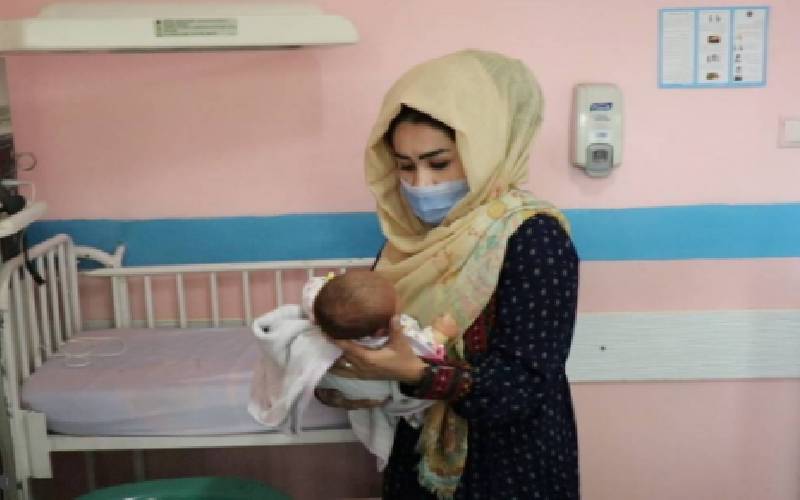×
The Standard e-Paper
Home To Bold Columnists

After militants stormed a hospital in the Afghan capital Kabul and killed young women and their babies, Kaamila Sahar felt compelled to help.
As a young mother herself, she decided to breastfeed the infants whose own mothers had been killed or injured.